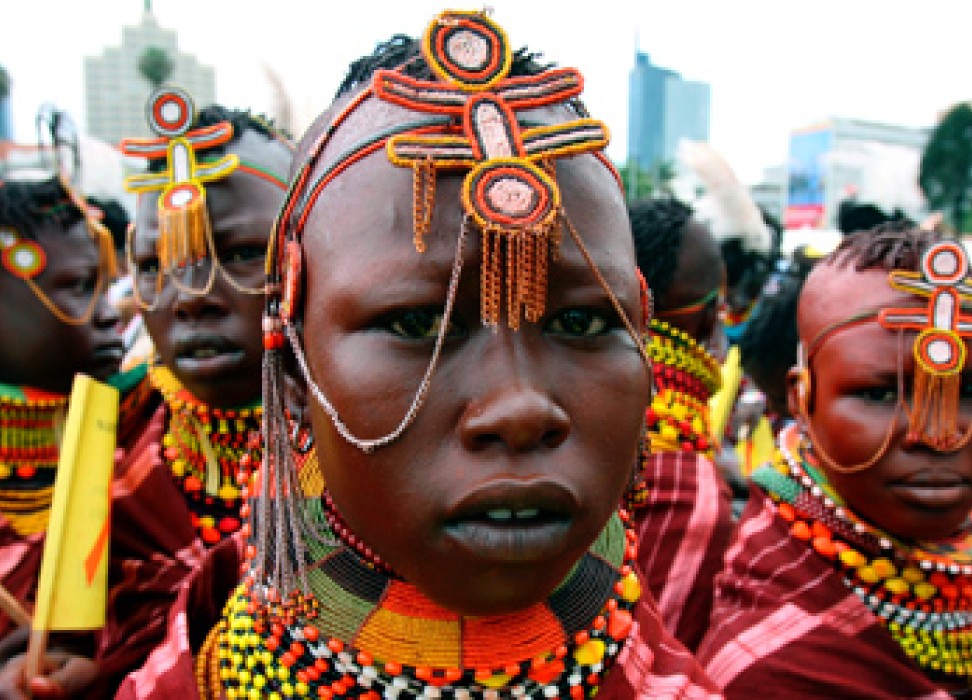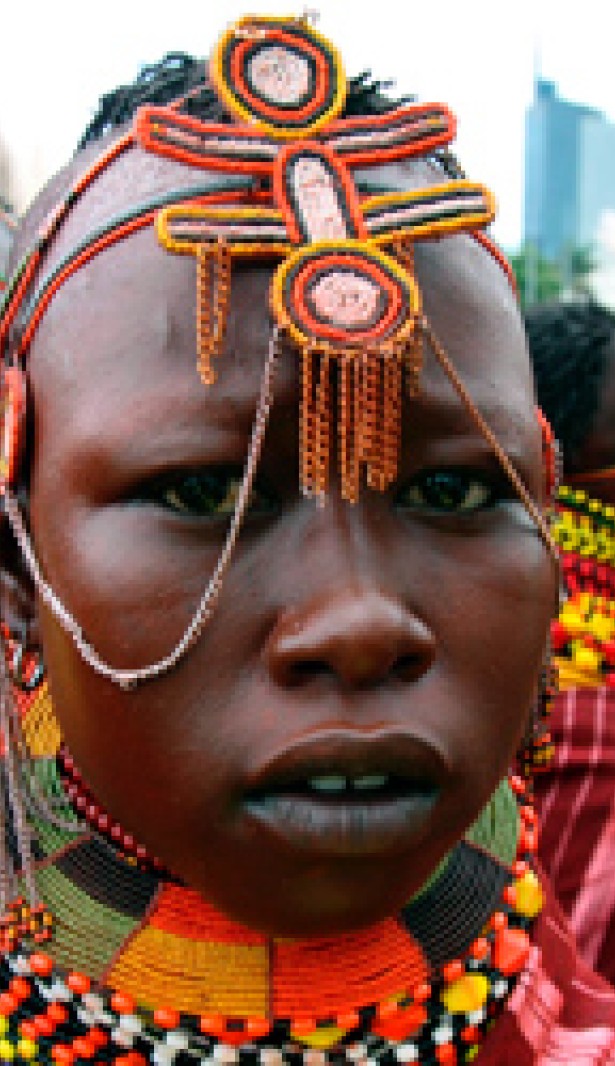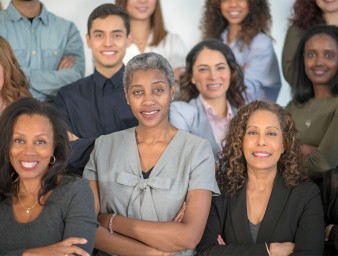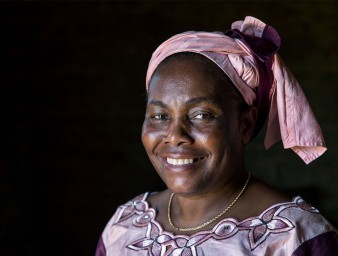Activists use human rights to advance sexual and reproductive health
25 October 2017

“For me, the human rights mechanisms are another way to hold governments accountable, especially at a time when there is shrinking civic space and a backlash against gender equality and women’s rights in general,” said Catherine Nyambura, of FemNet, a pan-African women’s organization.
Nyambura participated in a recent special training workshop, organised in Ethiopia by the UN Human Rights Regional Office for East Africa, along with the East and Southern Africa Regional Office of UNFPA on using international and regional human rights standards, tools and mechanisms to protect and promote sexual and reproductive health and rights. The workshop brought together stakeholders from Djibouti, Ethiopia, Kenya, Rwanda, Tanzania and Uganda who work on sexual and reproductive health and rights, including those who work on addressing gender-based violence.
The idea behind the project was to enhance understanding of the relevant human rights standards, exchange perspectives, and explore how to use international and regional human rights mechanisms in their work in assisting women, girls and others to access sexual and reproductive health services and information. The workshop also provided space to build bridges between different human rights defenders and strategize on the advancement of these rights in the region, explained Adwoa Kufuor, Regional Gender Advisor, UN Human Rights Regional Office for East Africa.
“Human rights defenders play a crucial role in helping ensure that no one is left behind by uncovering and addressing inequalities in access to basic quality health services and calling on authorities to respect, protect and fulfil the sexual and reproductive health and rights of every individual within their jurisdiction”, Kufour said. “The workshop particularly strengthened the capacity of defenders in the region to engage in advocacy before the regional and international human rights mechanisms and concluded with the development of concrete follow-up strategies which they are now in the process of implementing”.
Francis Mutua, from the African Adolescent and Youth Network on Population Development, said the workshop was a big help especially for young activists, as it gives them a framework and a language to work with. Learning about relevant human rights and mechanisms helps broaden thinking and improve the kind of difference young activists can make, he said.
“It shifts the conversations (around youth and sexual and reproductive health) to one of ‘what do young people want’ to ‘what young people can do’,” he said. “When you link the issues to the international instruments, it opens up your thinking beyond your country. You understand how sexual and reproductive health links to human rights across the whole of the continent.”
The training has also helped to increase the impact of their work, said Jacqueline Mutere from the community-based organization Grace Agenda, which works with girls and women who suffered sexual violence. Mutere is a survivor of such violence in the aftermath of the 2007 Kenyan elections. She said she feels more empowered now to make greater and better demands for human rights. For example, she plans to present the case for reparations for women who were victims of post-election sexual assaults to the Special Rapporteur on violence against women.
“It has created a door for me to be able to advance the agenda beyond my own country,” she said “Since my country has ratified many of the treaties available, and they won’t listen to me at home, then I can turn to someone else more international to claim my rights.”
25 October 2017




